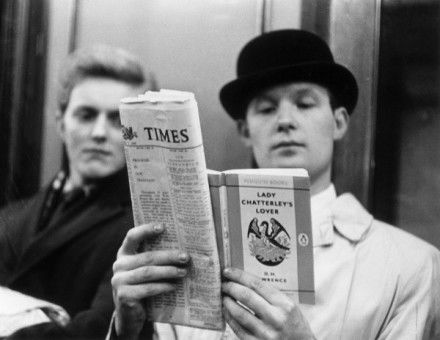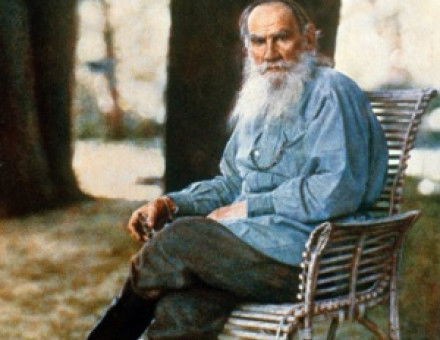Protestant Culture: Milton's Angels
Though Protestants sought to distance themselves from Roman Catholics on the subject, angels played a key role in Protestant culture as a means by which to understand humans and their place in the universe, explains Joad Raymond.







